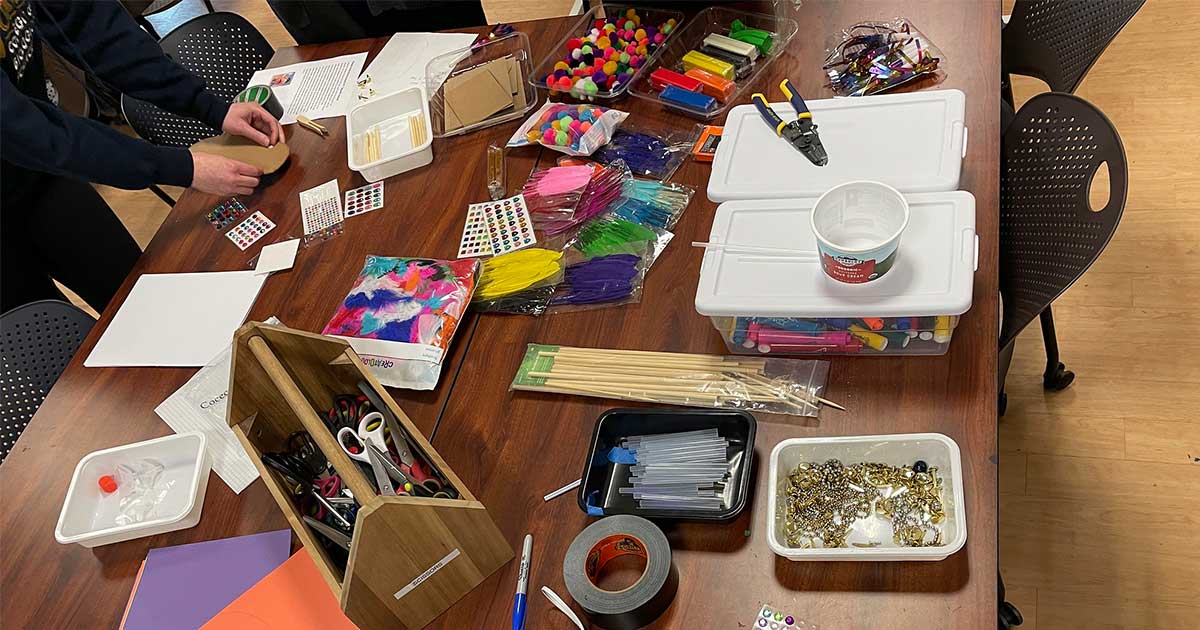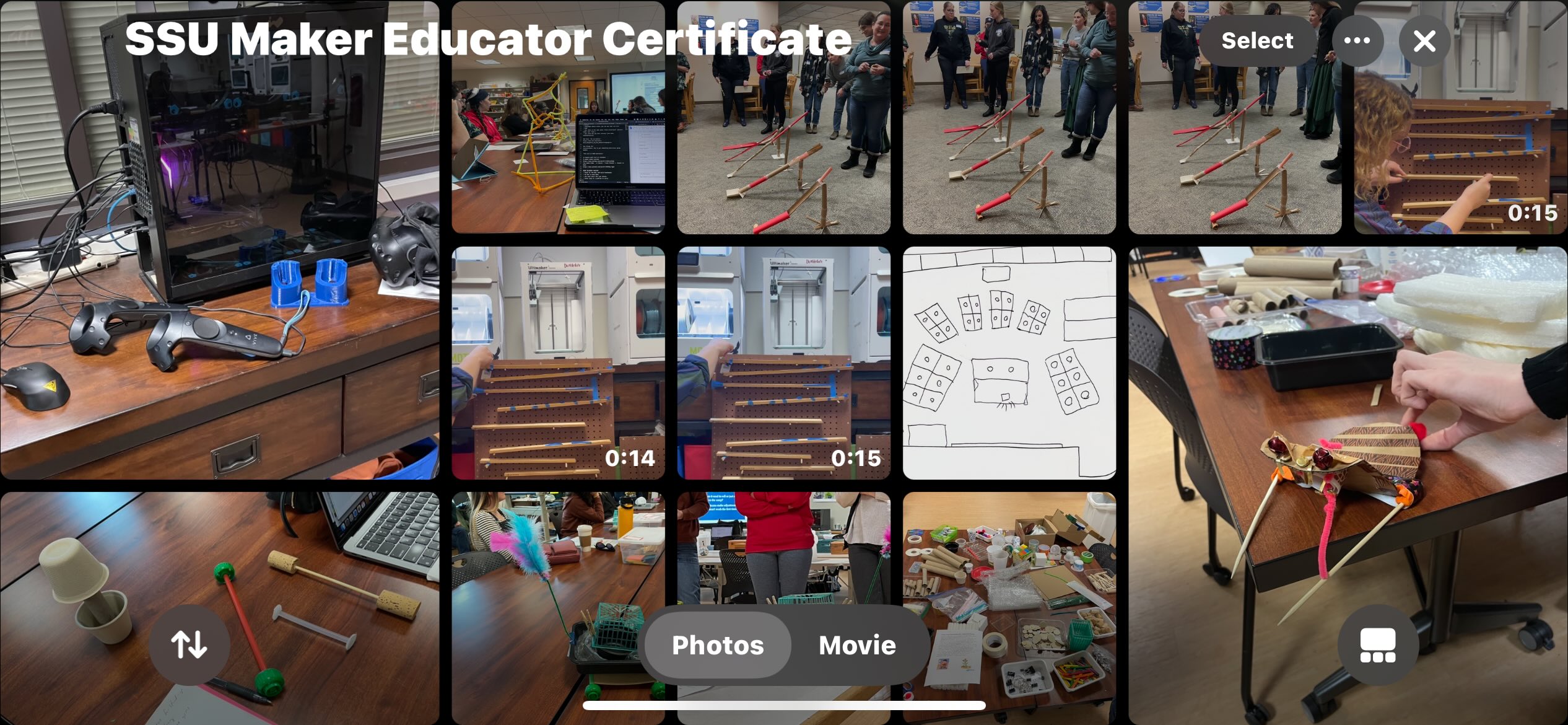Maker Educator: Manifesto
Making is a dialogue with the world
Making in Education Statement
Zaretta Hammond suggests that students learn best when they are emotionally engaged and intrinsically motivated.
Dopamine = Motivation
As a maker educator, I do my job well when I present exciting challenges with built-in dopamine rewards. While the reward you seek in your making may be different than the reward I seek with mine, we can hack together as colleagues and peers – differentiation yields discovery. Hands-on learning is inherently more engaging because it is more personalized: the project in your hands will always be different than the project in mine.
In making, we discover what we want from the world, and we acquire the skills to create it. In doing so, we grow more skillful, more curious, more confident, and more adaptable. By growing makers in our classrooms, we challenge the patience with which we tolerate the unsolved problems in our world.
Personal Maker Philosophy
Making is a practice of being in creative dialogue with a world. If we don’t like broken things, our response can be to fix things – to create solutions. If we love beautiful things, we can rehabilitate things – we can salvage, repair, rearrange, reappropriate.
Dreaming = Learning
The practice of making things actively cultivates learning: we dream of a thing, and dreaming helps us recognize the tools we need to create. Personally, I was born in a world without an Internet. Now I live in a world abundant with compute power and information. In the course of making, I expect to learn new softwares, new hardwares, new signifiers, new language. I expect that my hands (and my brain) may have more questions than answers when I first encounter a new task or topic. As a practice of making, I learn to describe new things, to excavate clarity from obscurity, to surface variations, mutations, and evolutions.
As I actively wonder, I practice these skills…
- observation: I can use my senses to create a mental model
- extrapolation: I can imagine something that does not yet exist
- decomposition: I can break down complex things into simpler things
- iteration: I can revise and refine my creations without emotional peril
- decisionmaking: I can grasp my purpose and determine when I’ve fulfilled it
- nimbleness: I can pivot when I recognize I have fulfilled an unexpected purpose

